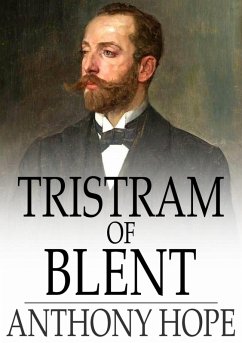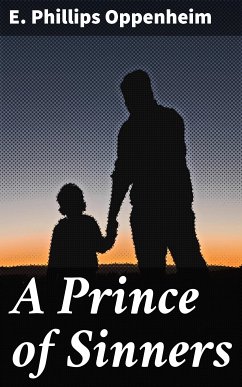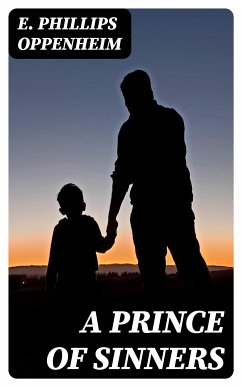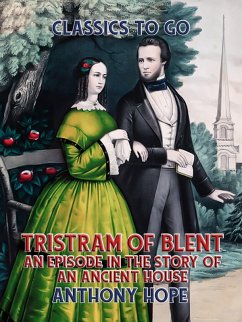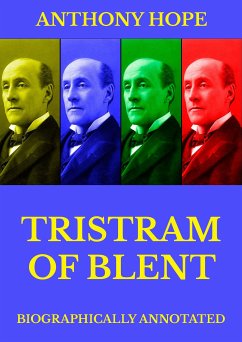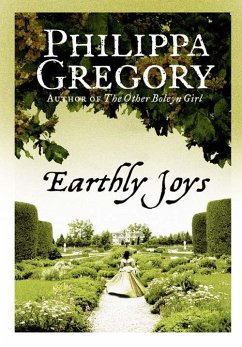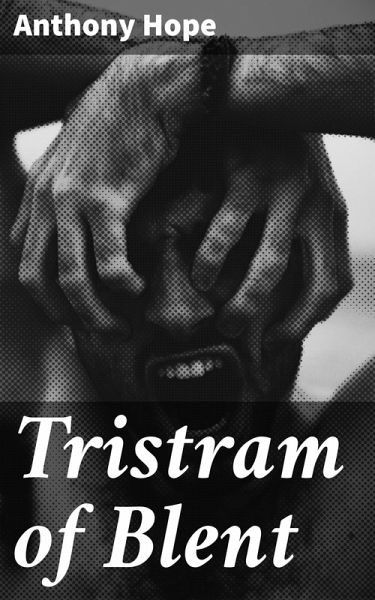
Tristram of Blent (eBook, ePUB)
An Episode in the Story of an Ancient House
Versandkostenfrei!
Sofort per Download lieferbar
0,49 €
inkl. MwSt.
Weitere Ausgaben:

PAYBACK Punkte
0 °P sammeln!
In "Tristram of Blent," Anthony Hope masterfully weaves a narrative that blends romantic adventure with political intrigue set against the backdrop of a fictional European principality. The novel showcases Hope's flair for vivid characterization and wit, capturing the tumultuous interplay between love and duty. Through the life of its protagonist, Tristram, Hope critiques the aristocratic class and explores themes of loyalty, honor, and the complexities of social status amid a rapidly changing world. His distinctly Victorian sensibilities are evident in the intricate prose and richly drawn set...
In "Tristram of Blent," Anthony Hope masterfully weaves a narrative that blends romantic adventure with political intrigue set against the backdrop of a fictional European principality. The novel showcases Hope's flair for vivid characterization and wit, capturing the tumultuous interplay between love and duty. Through the life of its protagonist, Tristram, Hope critiques the aristocratic class and explores themes of loyalty, honor, and the complexities of social status amid a rapidly changing world. His distinctly Victorian sensibilities are evident in the intricate prose and richly drawn settings, contributing to the book's lasting resonance in the realm of social commentary and romantic literature. Anthony Hope, an English novelist and playwright known for his theatrical flair, found inspiration in the political dynamics and romantic ideals of his time. His experiences as a lawyer and his keen observational skills shaped his narrative style and thematic concerns, enabling him to create a captivating blend of romance and realism. "Tristram of Blent" reflects Hope's adeptness in intertwining personal dilemmas with broader societal critiques, reinforcing his reputation as a significant figure in late 19th-century literature. Readers seeking a compelling tale of love amid societal upheaval will find "Tristram of Blent" both engrossing and thought-provoking. Hope'Äôs sharp insights into human nature and class distinctions make this novel not just a story of personal conflict, but also a mirror to the societal structures that govern it. Recommended for those who appreciate literary sophistication intertwined with gripping plotlines, this work is a timeless exploration of the heart's desires set against a backdrop of political fervor.
Dieser Download kann aus rechtlichen Gründen nur mit Rechnungsadresse in A, B, BG, CY, CZ, D, DK, EW, E, FIN, F, GR, H, IRL, I, LT, L, LR, M, NL, PL, P, R, S, SLO, SK ausgeliefert werden.




